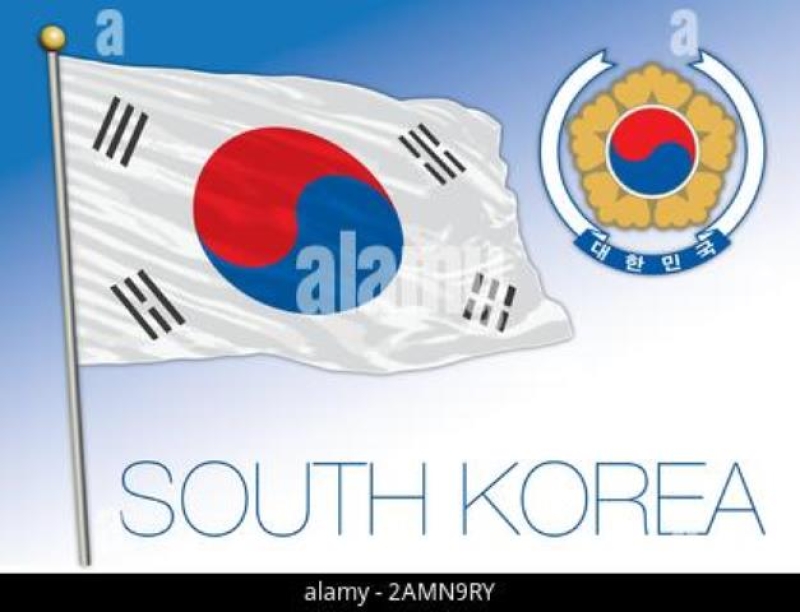- A Day of People-Centered Food System Storytelling! |
- No evidence of postal ballot irregularities found: EC Sanaullah |
- Bangladesh Bank injects Tk 9,178 crore to ease liquidity strain |
- No LPG Shortage Expected During Ramadan: BERC Chairman |
S Korea’s ex-defense minister finally arrested over martial law

The Seoul Central District Court approved arrest of South Korea’s former Defense Minister Kim
Dhaka, Dec 10 - South Korea’s former Defense Minister Kim Yong Hyun was formally arrested Wednesday on charges of rebellion and abuse of power over his role in the brief imposition of martial law last week. The unprecedented move, lasting just six hours, has triggered widespread protests, criminal investigations, and impeachment efforts targeting President Yoon Suk Yeol and key officials.
The Seoul Central District Court approved Kim’s arrest, citing the seriousness of his alleged crimes and the potential for evidence tampering. Accused of orchestrating the martial law decree, Kim allegedly ordered troops to block lawmakers from overturning the decree in parliament. Despite his efforts, the National Assembly convened and unanimously rejected the order, forcing the government to rescind martial law by early December 4.
Kim, who resigned last Thursday and has been detained since Sunday, issued an apology, accepting sole responsibility and pleading for leniency for the troops involved. Prosecutors have 20 days to decide whether to indict him, with rebellion charges carrying a maximum penalty of death.
Parliament, controlled by the opposition Democratic Party, has passed a bill to appoint an independent special counsel to investigate Yoon and top military officials, citing mistrust in public prosecutors. During a parliamentary hearing, Army Special Warfare Commander Kwak Jong-keun testified that Kim directly ordered troops to block lawmakers and claimed Yoon instructed him to forcibly remove them if necessary.
Additional testimony revealed plans to detain political opponents, with senior military and intelligence officials implicating Yoon and his associates. These revelations have intensified calls for accountability, as opposition leaders argue the martial law decree violated constitutional limits, which only allow such measures during war or comparable emergencies.
Critics contend the decree sought to suppress liberal opposition forces, which Yoon labeled as “anti-state.” The Democratic Party has pushed for Yoon’s impeachment, along with motions targeting other senior officials. Yoon narrowly avoided impeachment on Saturday but faces renewed efforts from opposition lawmakers, who plan another vote.
If impeached, Yoon’s presidential powers would be suspended until the Constitutional Court decides his fate. A dismissal would trigger a presidential election, potentially reshaping South Korea’s political landscape amid ongoing tensions.
Source: With inputs from agencies
-UNB

